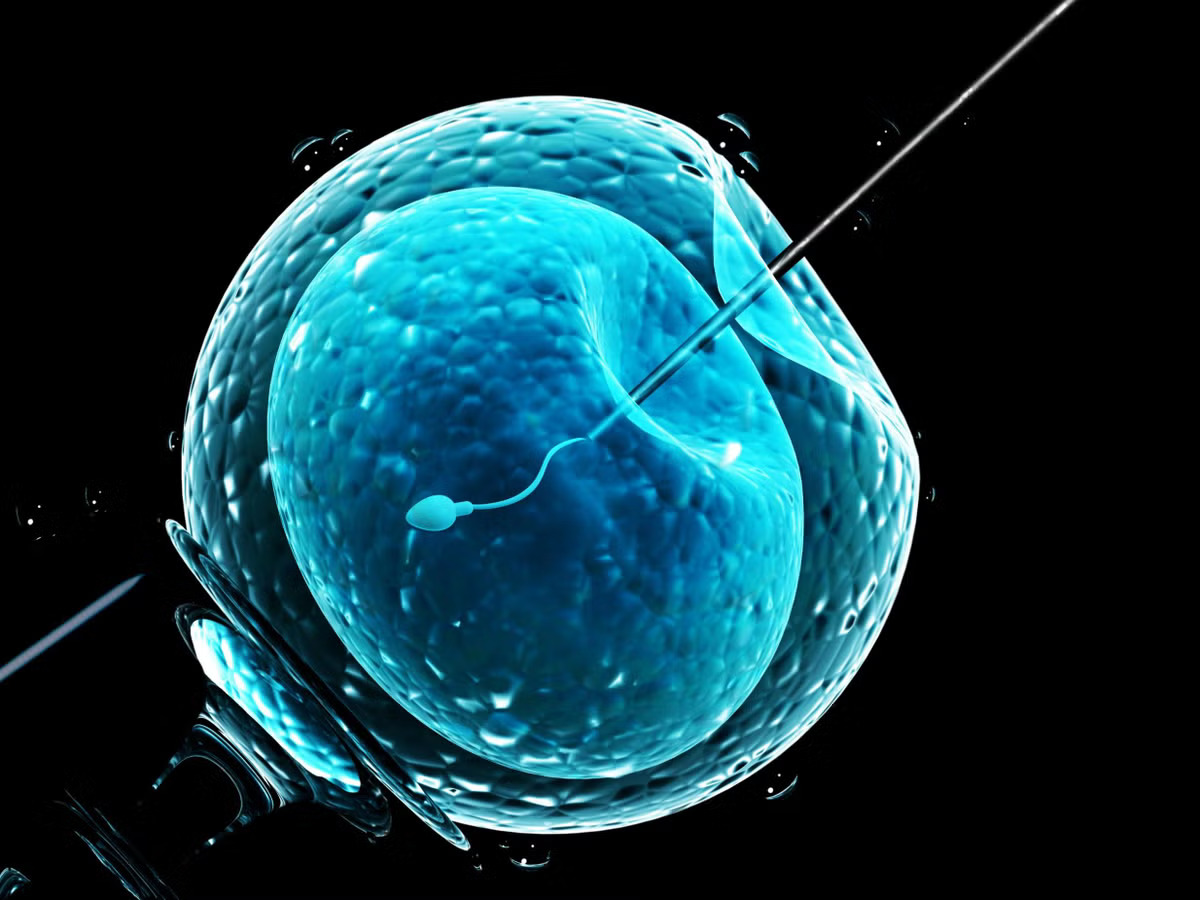Women in Europe are using more in vitro fertilization (IVF) and intrauterine insemination (IUI) treatments, according to recent data from the ESHRE 40th Annual Meeting in Amsterdam.
The European IVF Monitoring (EIM) Consortium reported a steady rise in the use of Assisted Reproductive Technology (ART). In 2021, there were 1,103,633 ART treatment cycles in 37 European countries, a 20% increase from the previous year, which had fewer treatments due to the COVID-19 pandemic.
The 2021 ART treatment cycles included various procedures: 153,191 IVF, 418,069 intracytoplasmic sperm injection (ICSI), 368,464 frozen embryo replacements, 78,432 preimplantation genetic testing, 79,510 egg donations, 415 in vitro maturation of oocytes, and 5,552 cycles with frozen oocyte replacement.
Additionally, 1,441 institutions reported 148,194 IUI treatments using partner semen and 48,583 using donor semen. There were also 28,768 fertility preservation interventions reported from 15 countries, including the banking of oocytes, ovarian tissue, semen, and testicular tissue.

Clinical pregnancy rates for IVF and ICSI remained stable between 2020 and 2021. For IVF, pregnancy rates per aspiration and per transfer were 26.3% and 33.5% in 2021, compared to 25.4% and 33.2% in 2020. ICSI pregnancy rates were 23.9% and 33.5% in 2021, compared to 25.2% and 33.0% in 2020.
Notably, pregnancy rates per transfer for frozen embryo replacement and fresh embryo transfer from egg donations showed a slight increase in 2021, while rates for frozen oocyte replacements saw a minor decrease.
The trend towards single embryo transfer continued to rise, with 60.5% of transfers involving one embryo in 2021, up from 57.9% in 2020. This increase led to a higher proportion of singleton deliveries (90.4%) and a reduction in twin (9.5%) and triplet deliveries (0.1%) compared to 2020. Twin and triplet delivery rates specifically for frozen embryo replacements also saw a decline.
Dr. Jesper Smeenk, the lead author, emphasized the continuous increase in ART and IUI treatments and the importance of data collection for quality control and transparency in reproductive medicine.
Professor Dr. Karen Sermon, Chair of ESHRE, highlighted the significance of collaborative efforts and standardized reporting to enhance clinical standards and patient outcomes across Europe.
The ESHRE EIM report, the largest data collection on medically assisted reproduction in Europe, underscores the need for continuous improvement in data collection practices to ensure completeness and accuracy, despite variations in data reporting among different countries.
